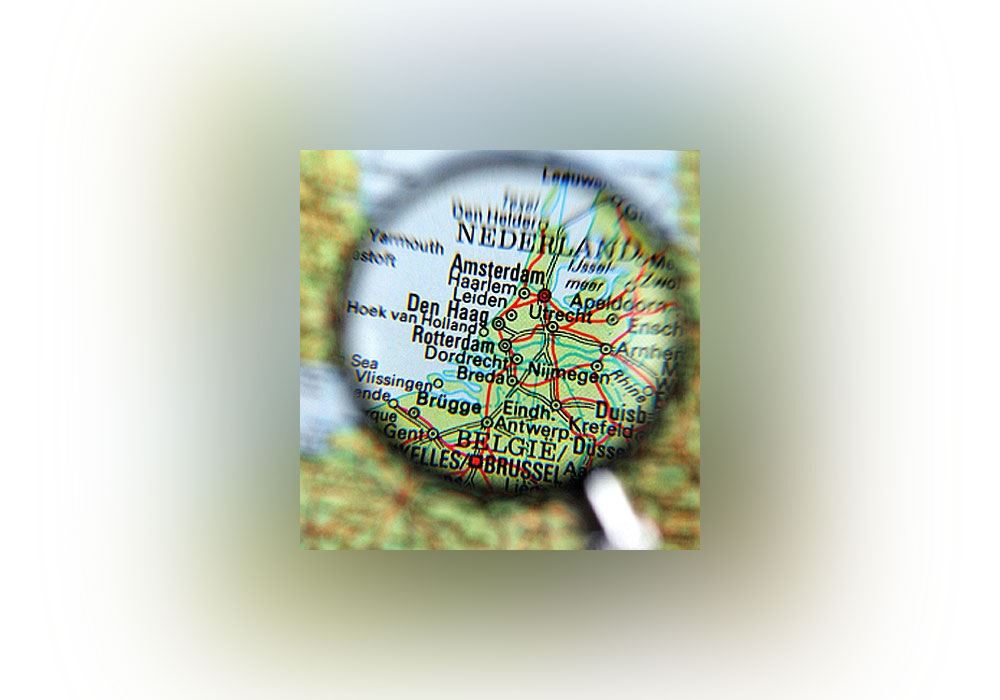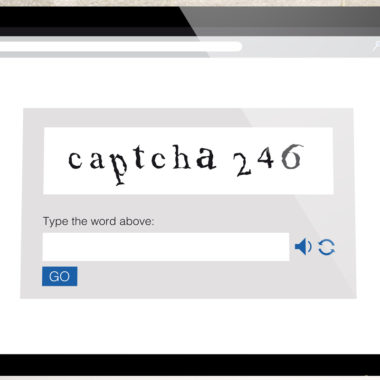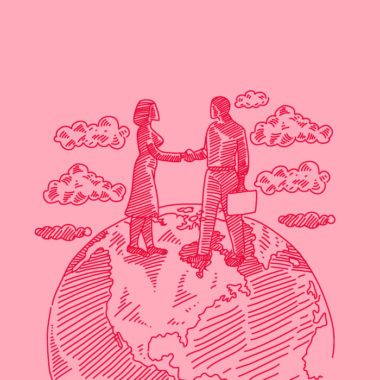Why Are People From The Netherlands Called Dutch?
A demonym is any name derived from a place that helps describe people who live there. Californians are people who live in California. Frenchmen live in France. And so on. But what about the demonyms that are seemingly random? How the heck did people from the Netherlands become the Dutch, for example? Where Dutch came from Before we dig into this demonym, there are three terms …




